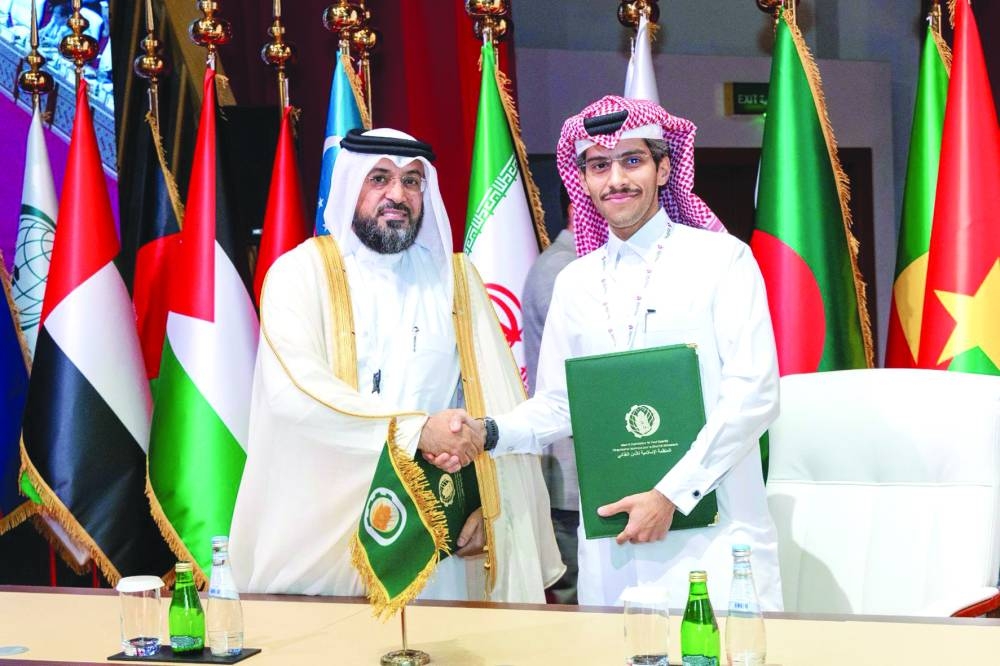Qatar Charity participated in the “Second High-Level Forum on Food Security” of the Islamic Organisation for Food Security launched on October 1. A memorandum of cooperation was also signed between Qatar Charity and the Islamic Organisation for Food Security, and Ahmed al-Rumaihi, director, Office of Foreign Affairs, Qatar Charity gave a speech during the symposium on the role of civil society organisations in agricultural development and food security.
Al-Rumaihi said: “As an international non-governmental organisation that provides humanitarian and development assistance in more than 70 countries, Qatar Charity has long realised that investing in agricultural development and food security is crucial to the response.”
It can effectively address development challenges when a crisis occurs and can provide long-term and sustainable solutions that can improve livelihoods, reduce poverty, and directly address the root cause of acute hunger and malnutrition."
He added: "Qatar Charity invests in agricultural programs and initiatives that enhance food production and support small farmers in Syria, Sudan, Palestine and many other countries."
Al-Rumaihi touched on Qatar Charity’s experience in northern Syria through the wheat value chain project and said: “Qatar Charity supported the infrastructure of the wheat value chain to enhance local wheat production in northern Syria and facilitate a self-sustainable system through which farmers and bakeries can maintain their livelihoods. The long-term goal of the programme is to build resilience and ensure sustainable agricultural practices capable of withstanding future challenges."
The forum included many sessions and discussions aimed at promoting common goals by holding three sub-forums: The forum on the role of civil society in enhancing food security; forum on advanced agricultural technology and its role in promoting sustainable food security, and a forum on the Islamic Federation of Food Industries on strengthening food markets in OIC countries.
The forum was an opportunity to exchange opinions and discussions and present advanced scientific interventions, which were presented by several scientists, experts, and policymakers, to establish innovative and modern mechanisms for developing plans, strategies, and programmes to enhance food security.

Qatar Charity signs agreement with Islamic Organisation for Food Security.
